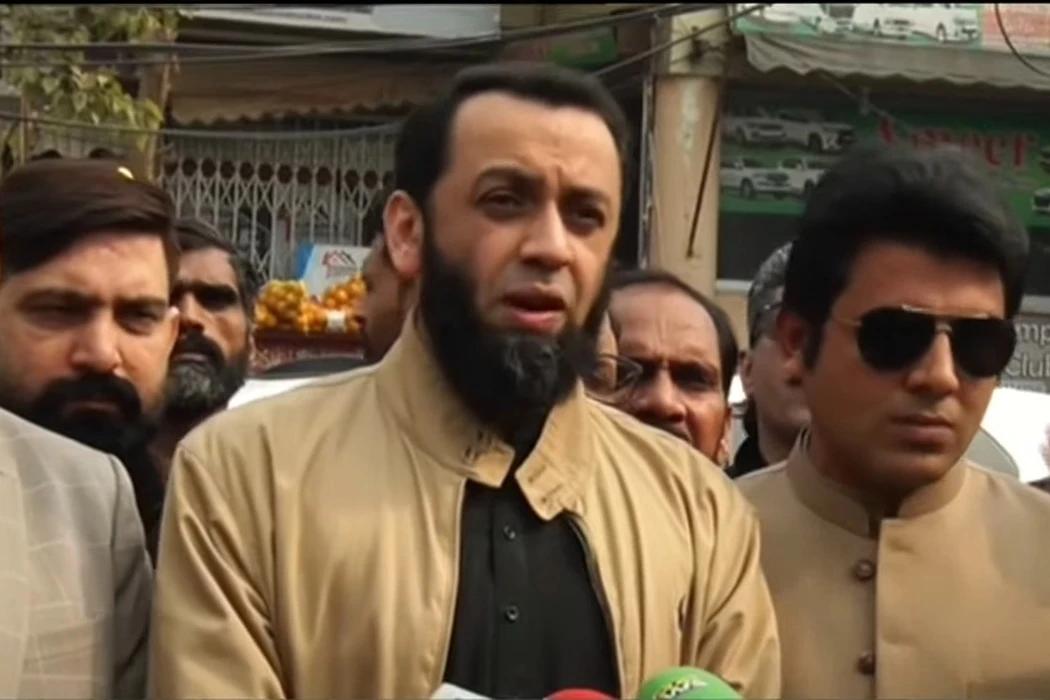Indus treaty provides water for 80pc of Pakistan’s farms from three rivers that flow from India

NEW DELHI (Reuters): Pakistan will not get water from rivers over which India has rights, Indian Prime Minister Narendra Modi said on Thursday, a month after a deadly attack in Illegally Indian-Occupied Jammu and Kashmir led New Delhi to suspend a key river water-sharing treaty between the neighbours.
The suspension of the Indus Waters Treaty, negotiated by the World Bank in 1960, was among a slew of measures announced by India against Pakistan last month after the April 22 attack that killed 26 men, mostly Hindu tourists.
New Delhi had said the attack was backed by Pakistan – an accusation Islamabad denied – and the nuclear-armed neighbours were involved in their worst military fighting in nearly three decades before agreeing to a ceasefire on May 10.
“Pakistan will have to pay a heavy price for every terrorist attack … Pakistan’s army will pay it, Pakistan’s economy will pay it,” Modi said at a public event in the northwestern state of Rajasthan, which borders Pakistan.
The Indus treaty provides water for 80% of Pakistan’s farms from three rivers that flow from India but Pakistan’s finance minister said this month that its suspension was not going to have “any immediate impact”.
The ceasefire between the countries has largely held , with Indian Foreign Minister Subrahmanyam Jaishankar saying that there is no exchange of fire currently and “there has been some repositioning of forces accordingly”.
“The (military) operation continues because there is a clear message…that if there are acts of the kind we saw on April 22, there will be a response, we will hit the terrorists,” Jaishankar told Dutch news outlet NOS.
“If the terrorists are in Pakistan, we will hit them where they are,” he added. There was no immediate response from Pakistan to comments by Modi and Jaishankar.
India and Pakistan have shared a troubled relationship since they were carved out of British India in 1947, and have fought three wars, two of them over the Himalayan region of Kashmir , which they both claim in full but rule in part.
The arch rivals have taken several measures against each other since the April attack in Illegally Indian-Occupied Jammu and Kashmir, including suspension of trade, closure of land borders, and suspension of most visas.

There’s a silver lining to our health care cost crisis
- 11 hours ago

Microsoft is working to rebuild trust in Windows
- 4 hours ago

Google disables Take a Message on older Pixel phones amid audio leak bug
- 13 hours ago

Pokémon Legends: Z-A is 20 percent off at Best Buy today only
- 4 hours ago

Gold prices rise in Pakistan, global markets
- 3 hours ago

Donald Trump’s ego might just save democracy
- 11 hours ago

Linux gaming developers join forces to form the Open Gaming Collective
- 4 hours ago
Gaza civil defence says nine dead in strikes after Israel says shots wounded officer
- 2 hours ago

Netflix is eating Hollywood — because it has to
- 4 hours ago
Pakistan, Kazakhstan sign joint declaration for strategic partnership
- 3 hours ago

You may not like what comes after Charlie Kirk
- 11 hours ago

Welcome to the February issue of The Highlight
- 11 hours ago


